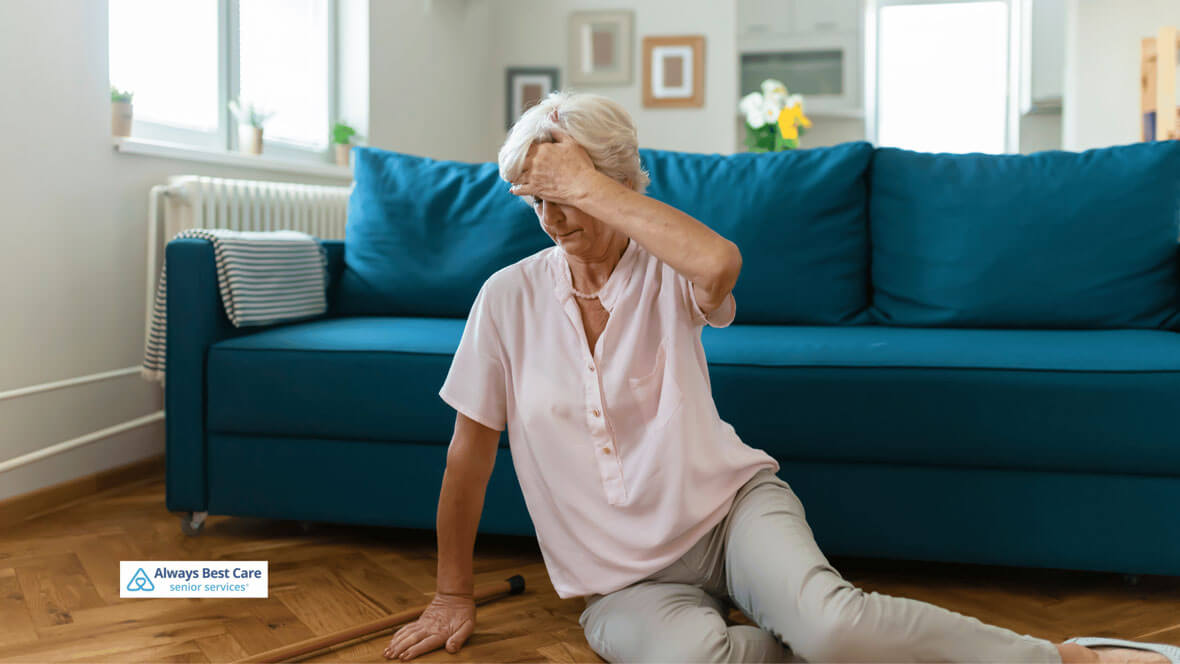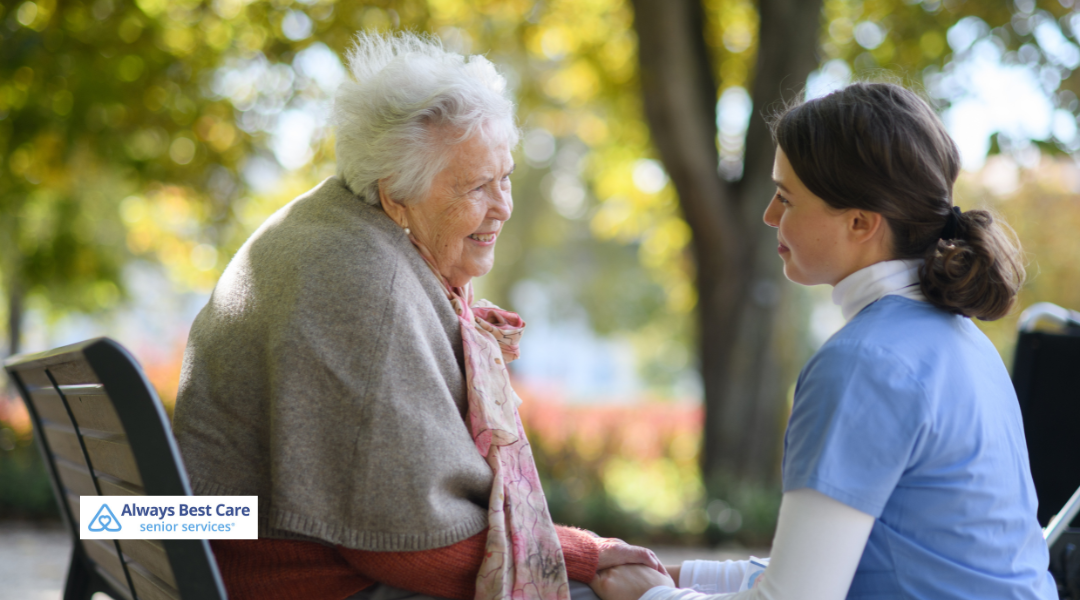9 Commonly Overlooked Fall Risks for Seniors

As people age, the risk of falling becomes a more significant concern. For seniors, a simple fall can lead to severe injuries that take a long time to heal.
While many people know common fall risks like stairs and slippery floors, several unexpected hazards can increase the risk even more. Understanding these hidden dangers can help keep seniors safe.
Table of Contents
1. Slippery Indoor Surfaces: Hidden Dangers in the Home
Polished floors, wet kitchen tiles, and rugs without slip-resistant backing are all common hazards.
Seniors should wear non-slip shoes indoors and ensure any floor mats or rugs are secure to prevent sudden slips.
2. Poor Lighting: How Dim Areas Contribute to Falls
Dim hallways, stairwells, or even bedrooms can make it harder for seniors to see where they’re stepping, leading to missteps or tripping.
Make sure all areas of the home are well-lit, especially walkways and stairs, by using brighter bulbs or nightlights where needed.
3. Loose Carpets and Rugs: The Sneaky Trip Factor
Rugs and improperly secured carpets can easily bunch up or move, creating a tripping hazard. Even small throw rugs or doormats can become a problem.
Securing rugs with double-sided tape or using non-slip pads underneath can help keep the floor smooth and safe for walking.
4. Cluttered Spaces: Why a Clean Floor Matters
Clutter might not seem like a big deal, but small objects like shoes, cords, or magazines on the floor can easily cause a senior to trip.
Keeping walkways and living areas free from clutter is an easy way to reduce the risk of falls.
5. Uneven Outdoor Terrain: Steps, Sidewalks, and Garden Hazards
Outdoor areas present another level of risk, especially with uneven pavement, steps without railings, or garden paths.
Seniors should be cautious when walking outdoors and consider using handrails or a walking aid for added stability.
6. Unstable Footwear: The Role of Shoes in Fall Prevention
Wearing the wrong type of shoes, like slippers without grip or sandals with no support, can increase the risk of falls.
Seniors should wear sturdy shoes that fit well and provide good traction, even when they’re just at home.
7. Medication Side Effects: Balance and Dizziness
Some medications can cause dizziness or affect balance, making it easier for seniors to fall.
Regularly check with a doctor about any side effects that could lead to falls and adjust medications if necessary.
8. Inadequate Handrails and Support: The Need for Extra Stability
Handrails and grab bars can be lifesavers, but many homes don’t have enough of them, or they’re not installed securely.
Bathrooms and stairs are key places where extra support is needed, and ensuring these safety features can make all the difference.
9. Pets: An Overlooked Hazard around the House
Pets are wonderful companions but can also be a fall risk for seniors. Small dogs or cats might dart around and get underfoot or accidentally bump into someone while running around.
Being mindful of pets is essential, especially in smaller or cluttered spaces.
How You Can Keep Your Senior Loved One Safe at Home
Making a few minor adjustments to a home can go a long way in keeping seniors safe. Being proactive about safety reduces fall risk and can help your loved one feel more comfortable in their surroundings.
Start by decluttering the home and ensuring that all areas are well-lit.
Adding grab bars in the bathroom and handrails on the stairs can provide extra stability.
Also, consider having your loved one wear sturdy shoes with good grip, even indoors.
Regular checkups with their doctor to review medications and assess balance can also help reduce the risk of falls.
How Always Best Care of Birmingham Can Help
Always Best Care of Birmingham offers professional in-home care services that focus on keeping seniors safe and supported.
From providing personal care to assistance with mobility and household tasks, the caregivers at Always Best Care help reduce fall risks while allowing seniors to remain in the comfort of their homes.
Contact Always Best Care of Birmingham at (659) 200-5714 to learn more and schedule your free consultation.





